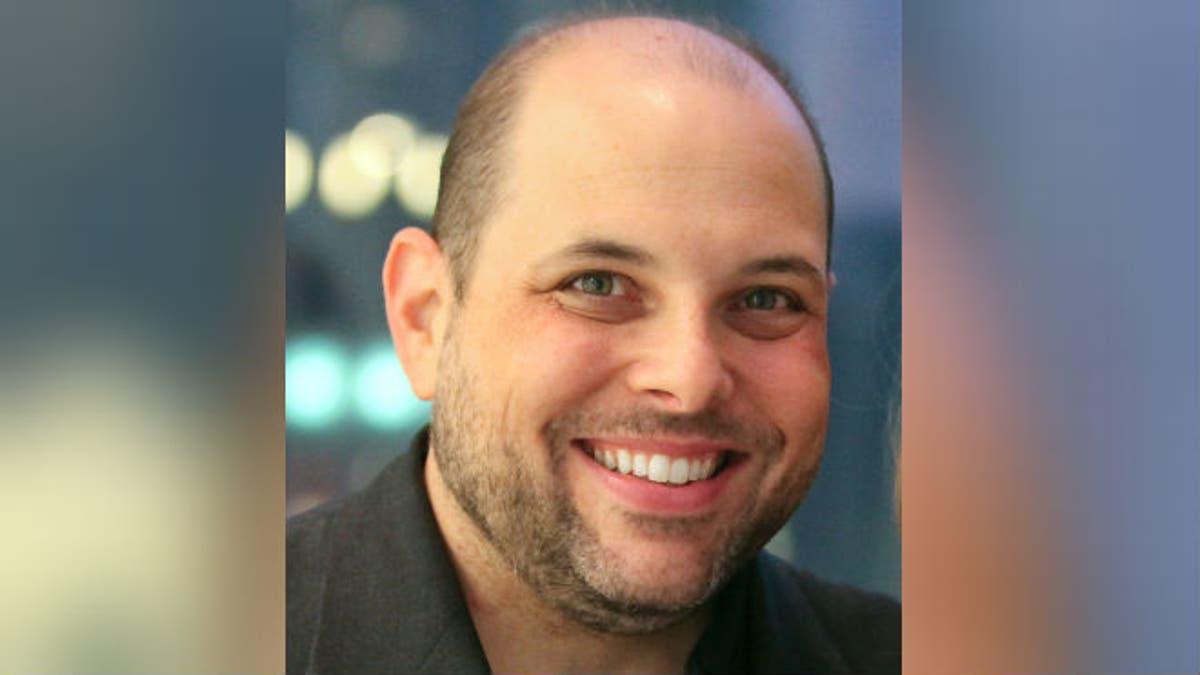
Matthew Zachary, founder of Stupid Cancer, was diagnosed with brain cancer at 21. (Image courtesy of Stupid Cancer)
When Matthew Zachary, now 39, was diagnosed with brain cancer in 1995 at age 21, he felt completely alone. Not only did he not know any other young cancer patients – but it took him years to meet another survivor his age.
“It took me seven years to find another college cancer survivor, that’s ridiculous,” Zachary, who lives in New York City, told FoxNews.com. “I meet people at Starbucks more quickly that I find things in common with.”
Now, thanks to Zachary’s non-profit organization Stupid Cancer, young cancer survivors don’t need to struggle alone. This weekend, hundreds of young cancer survivors and patients will attend the 7th annual OMG! Cancer Summit for Young Adults in Las Vegas, to connect and work for improved outcomes for young adult cancer survivors.
Though Zachary survived his battle with brain cancer, his diagnosis changed him in many ways. He lost the use of his left hand as a result of his disease, ending his promising career as a professional concert pianist.
“The consequence of not dying was nearly as tragic as my diagnosis because I had no direction, no one to coach me as to what’s next for a 22-year-old who’s lost his career,” Zachary recalled.
Zachary managed to slowly rehabilitate his life, building a career in the advertising industry. But as a cancer survivor, he still felt alone in dealing with his diagnosis. It was only when he finally connected with other young cancer survivors – years after his diagnosis – that Zachary realized the medical community was not adequately supporting this group.
“What gave [my efforts to start a charity] this final push was a public policy report in 2006, which basically said that young adult cancer survival rates had not improved in 30 years,” Zachary said.
In 2007, Zachary launched a non-profit organization called “I’m Too Young for This,” which eventually rebranded itself as “Stupid Cancer,” – a name Zachary thought would appeal to millennials because, “It’s what Homer Simpson would say.” The organization seeks to empower young cancer survivors through programs and services – including The Stupid Cancer Show, a radio program co-hosted by Zachary and 32-year-old Fox News producer and breast cancer patient, Annie Goodman.
According to Zachary, young adults with cancer face a unique set of problems compared to other cancer survivors.
“Isolation is the number one contributor to low quality of life and that’s augmented by fear and a lack of age-appropriate communication with doctors and providers,” Zachary said. “The number two [biggest problem] is financial burden. We have debt through college loans, we don’t need medical debt piled on; we don’t need to go bankrupt.”
Another big issue for young adult cancer patients: preserving fertility.
“You have the right to be a mom or a dad, cancer shouldn’t take that right away from you and it shouldn’t cost you an arm and a leg to have that right,” Zachary said.
Conferences like the one occurring this week in Las Vegas aim to provide young cancer survivors with information and education about resources available to them. But perhaps most importantly, the conference aims to provide young cancer survivors with a network of supporters, helping them feel a sense of connection to other young patients and survivors.
Last year, Zachary, in collaboration with David Victorson, an associate professor of medical social sciences at Northwestern University and the founder of the young adult cancer support organization True North Treks, collaborated on a survey of 120 individuals— including survivors and caregivers— before and after they attended the 2013 Stupid Cancer Conference. The survey sought to measure levels of social connection, confidence and knowledge about young adult cancer issues.
The results were “unprecedented,” according to Zachary.
Young adult cancer survivors reported a 24 percent increase in feeling more connected to other young adult cancer survivors, a 15 percent increase in their knowledge about young adult cancer issues, and a 29 percent increase in their access to young adult cancer resources after the conference.
Similarly, caregivers surveyed reported a 17 percent increase in knowledge on young adult cancer issues and an 11 percent increase in their access to young adult cancer resources after the conference.
“That’s what gave our movement and all of our partners— clinical, nonprofit, corporations— more credence to value this movement,” Zachary said. “It’s one thing to say, ‘Hey we’re helping,’ and another thing to prove it.”
This year, the conference will feature disease-specific workshops for the first time, and will also host six clinic partners from major comprehensive cancer centers across the country that have launched young-adult-specific cancer programs for support, treatment and clinical trials.
Nearly two decades after his diagnosis, Zachary said his work with “Stupid Cancer” has finally given him a sense of closure about his diagnosis.
“I can say with confidence a young adult diagnosed with cancer is way better off than I was in 1996…the fact that you’re more likely to get treated age-appropriately across the spectrum because of standard of care policies is a huge thing,” Zachary said. “There are fertility rights and standards, financial assistance standards…. I believe this generation is defining the future of cancer advocacy.”
